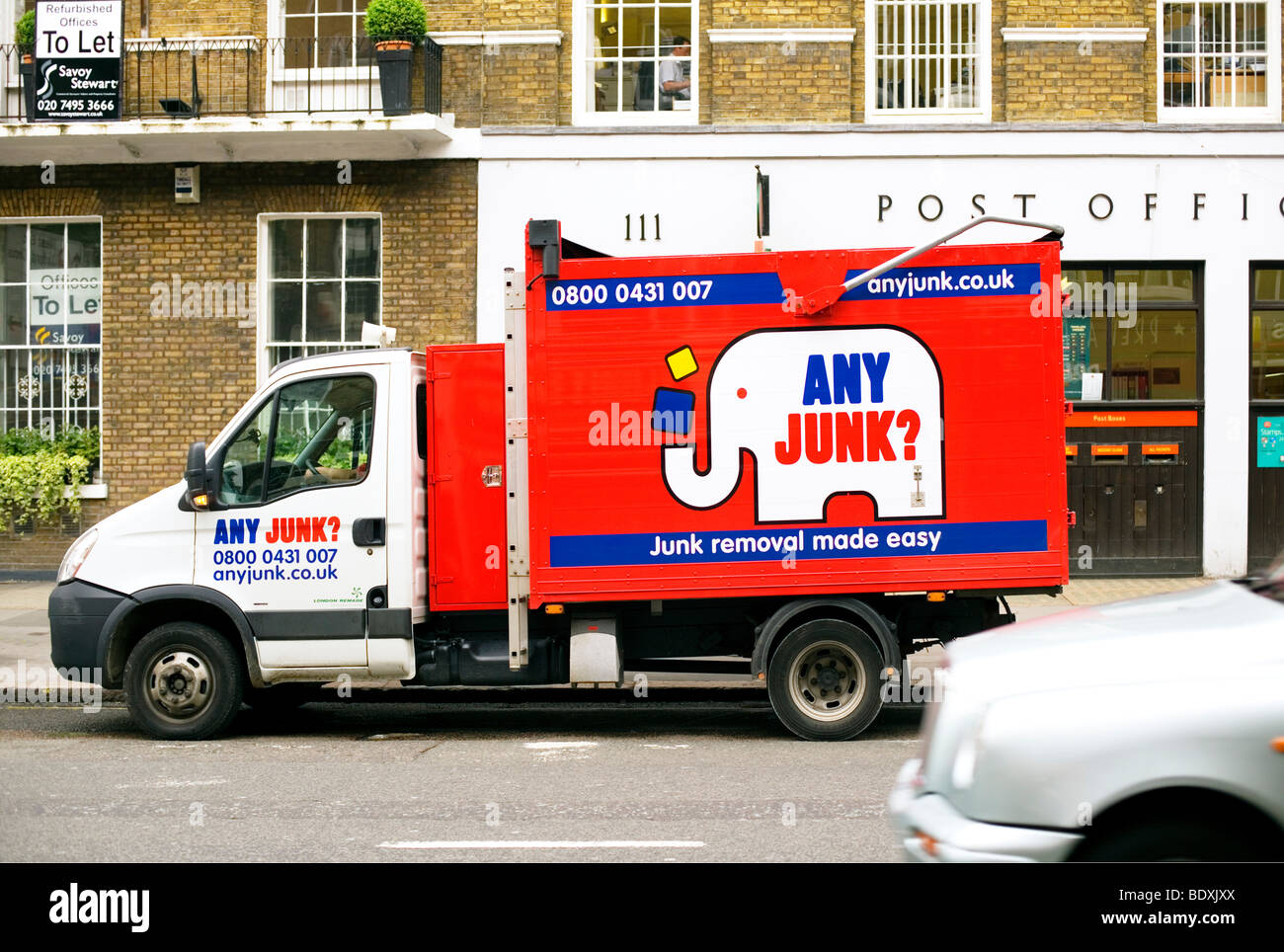The Progression Of Dumpster Rental: A Historic Perspective, Contemporary Practices, And Emerging Patterns
The Progression Of Dumpster Rental: A Historic Perspective, Contemporary Practices, And Emerging Patterns
Blog Article
how much are dumpster rentals -Steele Bille
As you ponder the evolution of dumpster leasing, consider exactly how each era has contributed to forming the waste management landscape we navigate today. From modest beginnings in the 1930s to the innovative innovations of the present, the journey of dumpster leasing has been noted by development and adjustment. Yet what lies on the perspective for this crucial service? The future fads in lasting methods hold the secret to opening a more effective and eco-conscious method to throw away administration. Keep tuned to uncover exactly how the dumpster service industry is poised to accept a greener tomorrow.
Historic Origins of Dumpster Rental
Check out the origins of dumpster leasing and just how it has actually formed waste administration techniques in time.
Dumpster rental traces back to the 1930s when George Roby Dempster, a Tennessee entrepreneur, designed the Dempster-Dumpster. dumpster yard transformed waste disposal by giving an assigned container for collecting and moving garbage efficiently. At first made use of for construction websites, the concept swiftly increased to household and commercial setups, resulting in the establishment of the initial dumpster rental services in the 1960s.
Over the years, dumpster rental has dramatically affected waste monitoring practices by advertising ease, sustainability, and company. The capacity to streamline waste in committed containers simplifies collection processes, reduces littering, and enhances recycling initiatives. Additionally, dumpster service urges people and organizations to take on liable waste disposal routines, adding to cleaner settings and decreased eco-friendly impact.
Modern Innovations in Waste Management
Integrating advanced innovations and lasting practices has revolutionized waste monitoring in recent times, enhancing effectiveness and environmental influence. One significant innovation is the use of smart waste administration systems that employ sensors to keep an eye on waste degrees in real-time, enhancing collection paths and routines. These systems help in reducing unneeded pick-ups, lowering fuel usage and exhausts.
One more modern-day improvement is the implementation of waste-to-energy centers, where non-recyclable waste is converted into power via processes like incineration or anaerobic food digestion. This not only reduces the quantity of waste destined for land fills but also generates renewable resource.
Additionally, the introduction of single-stream recycling has actually simplified the reusing process for customers, resulting in greater involvement prices and higher diversion from garbage dumps. Additionally, improvements in composting technologies have made natural waste management a lot more effective, transforming food scraps and yard waste into important garden compost for agricultural use.
Anticipated Trends in Lasting Practices
Sustainable waste management methods are evolving rapidly to fulfill the increasing needs for environmental responsibility and resource effectiveness. As you aim to the future, several vital fads are expected to form the market. One major emphasis will be on lowering waste generation with far better item design and product packaging. Business will significantly adopt round economic climate concepts, intending to reduce waste and optimize the lifespan of items.
Another trend to watch for is the increase of innovative reusing technologies. Technologies in chemical recycling and pyrolysis are anticipated to offer new solutions for managing facility or infected waste streams that traditional recycling methods have a hard time to refine successfully. These modern technologies have the prospective to change how we handle waste, transforming difficult-to-recycle materials right into valuable resources.
Furthermore, anticipate to see a better focus on natural waste diversion. Composting programs and anaerobic food digestion centers will become more widespread as neighborhoods strive to reduce the amount of organic matter sent to landfills. By purchasing these sustainable techniques, we can relocate towards a much more round and resource-efficient waste administration system.
Verdict
In conclusion, dumpster service has come a long way since its inception in the 1930s. From its modest beginnings on construction sites to its widespread usage in domestic and business settings, the industry has actually continually developed to satisfy the transforming needs of waste administration.
With the intro of modern innovations and a focus on sustainable techniques, the future of dumpster leasing looks appealing, with a solid emphasis on efficiency, environmental obligation, and technology.
